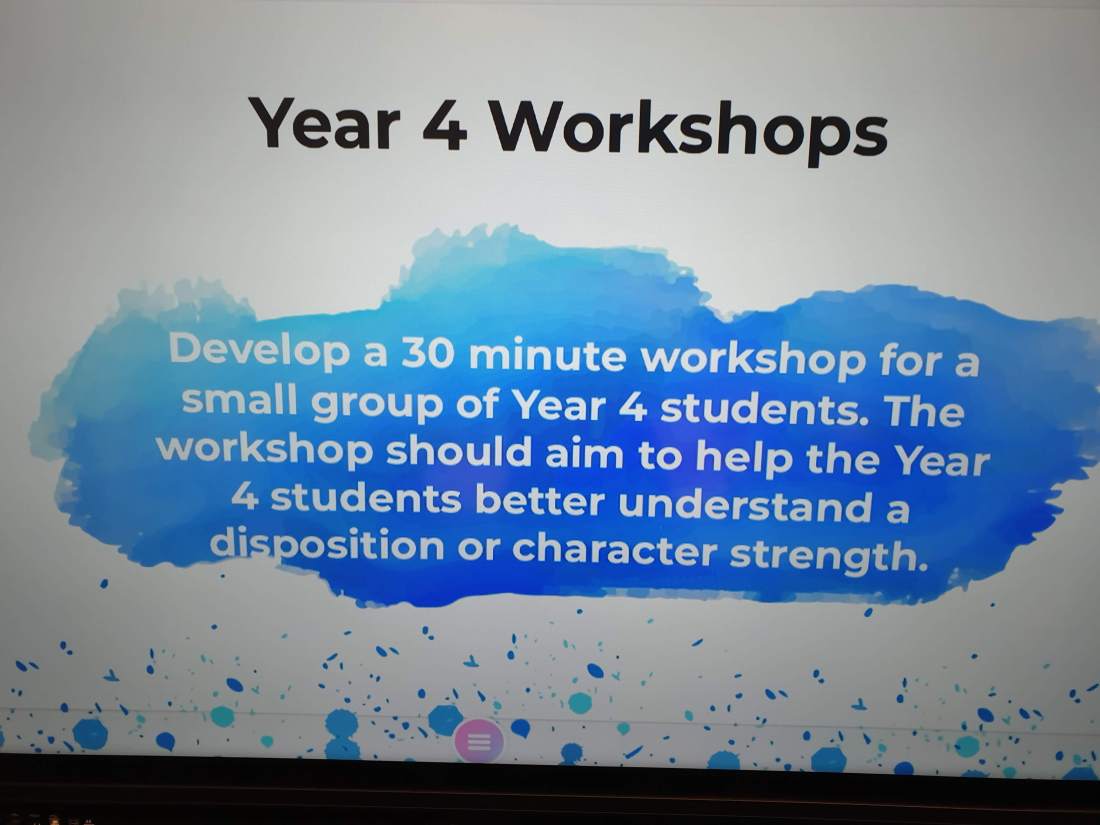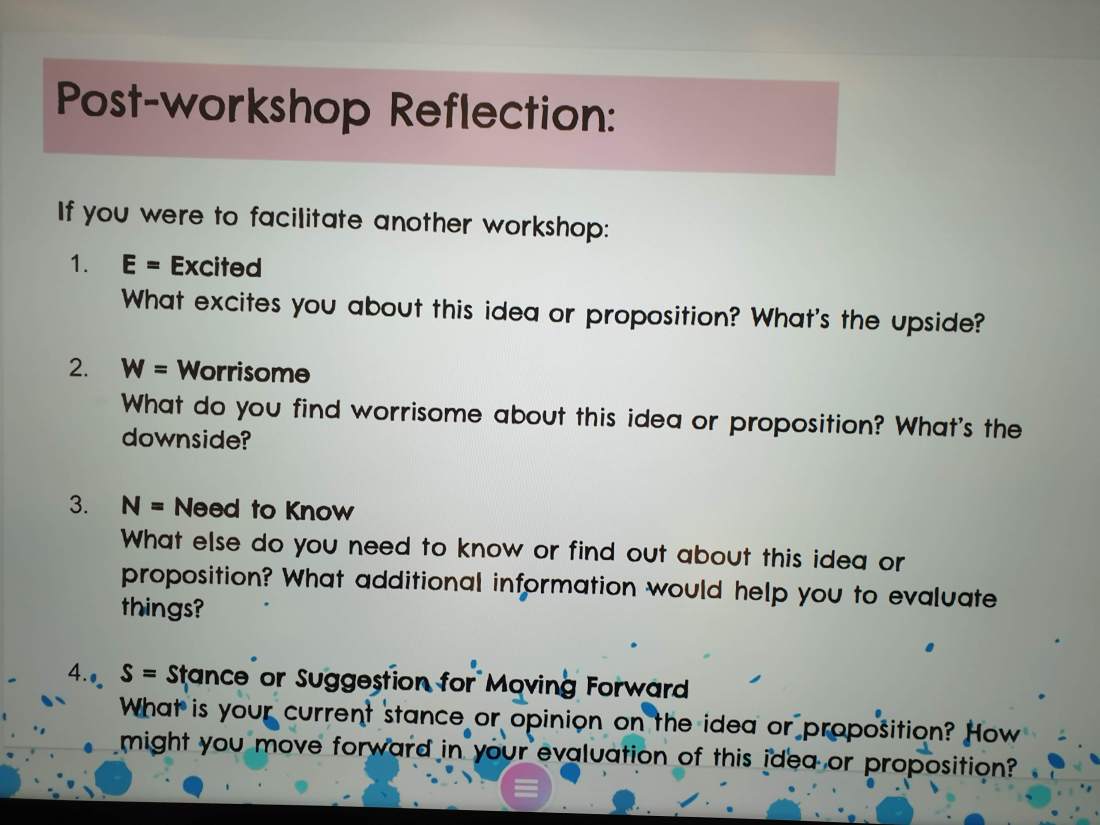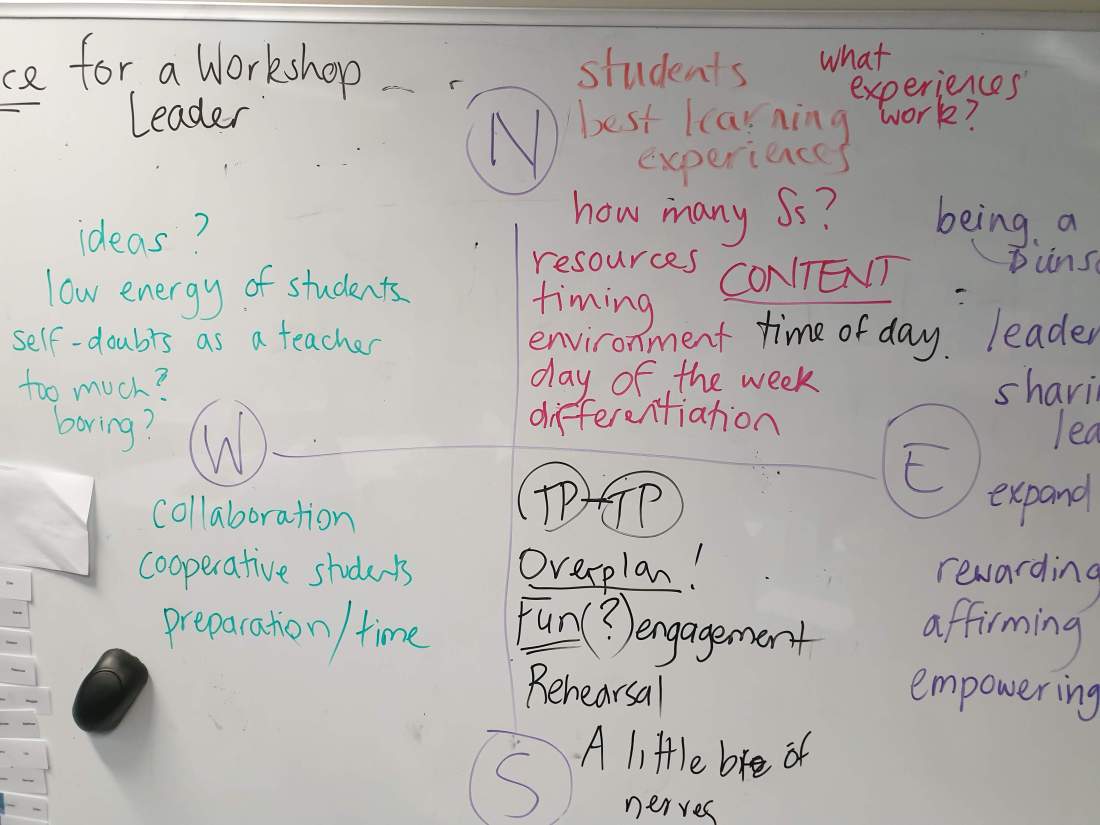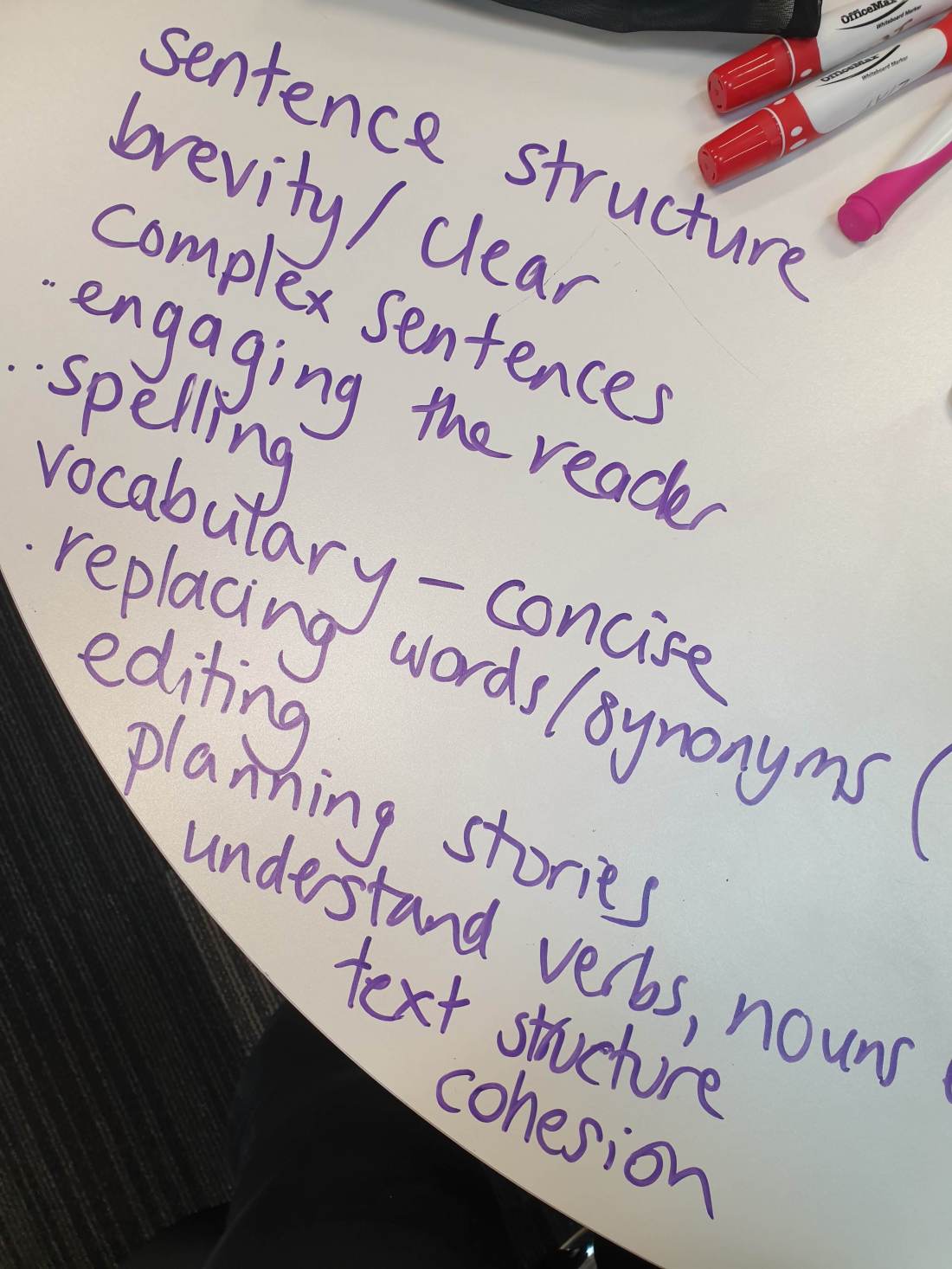Last year I wrote about the idea of studio time and opening myself up to agency in learning. This year I am trying to explore agency beyond the limits of studio time. I’m interested in the opportunities for learner agency within and beyond my practice.
- How can I notice opportunities for learner investment?
- When does a learner’s natural curiosity provide a potential launch point for inquiry?
- How do I build my own capacity for noticing and harnessing the inbuilt learning tendencies within my class?
- Where, in the past, might I have ignored or worked around the curiosities in the room and continued doggedly towards my curriculum goals?
- How can I continue to provide quality learning experiences for students but focus on building learner agency within those experiences?
In other words, how do I plan a ‘good lesson’; one I know is targeted to student needs, but one that also invites learner agency?
With that in mind, I have reflected on an imperfect example of my experimentation with this idea.
A sequence of learning:

Our year began with an inquiry (Who We Are) into the actions of individuals in a community and an exploration of character strengths and dispositions. A few weeks in, and as teachers, we are interested in giving students an opportunity to share what they have learned but also experiment with the role of workshop facilitator. What dispositions do they need to apply when planning and facilitating a learning experience for younger students?

Most students were really excited by the idea and found it to be a positive learning experience (besides a few who complained about having ‘a few disruptive kids to deal with’…pause for my raised eyes and response along the lines of…’that must have been awful for you’). With more future learner-led workshops in mind, I wanted the reflection to also be future thinking. We used Harvard Project Zero’s Compass Points thinking routine to explore what might be considered if we were to do something similar again.
As always, when I have a writing opportunity in mind, I find learners have more success when they are able to verbally share their thinking first. So we talked with our thinking partners and shared some responses as a class.

Sidebar: How awesome is my handwriting?
So with the shared vocabulary and ideas visible for all learners, I posed a writing task. Yes. Controversial, I know. I’m normally an advocate for learner choice in writing but sometimes I break from that. What I don’t do, at any point, is identify an intended genre. Instead, I ask that we write something with:
Purpose: To prepare others to run a workshop
Audience: My class next year
So then came the pivot point. Questions from the crowd. This is where I would normally have the outcome in mind but now I’m trying to notice the natural direction the learners are wanting to take the piece.
“Can it be funny?”
“Can it be an ad on TV?”
Without saying it, I was expecting they would produce a basic list of lifehacks for workshop leaders, or a set of tips for success (which some did). With opportunities for experimentation, stopping and sharing, collaboration and advice giving (to each other), what was written was so much more diverse. The personal voice was better developed. The creativity was strong. The informal sharing provided entry points for idea development amongst learners who were struggling with opening lines or in finding a tone for their piece.
Next…
We paired with our thinking partners again. Here is where I got a bit too experimental.
“Share your writing with your thinking partner. Identify an area of strength and an area for improvement in each of your writing. Your job is to use this information to suggest mini-lessons for next week’s writer’s workshop. The mini-lessons will be opt-in workshop style, so they don’t have to be for everyone. Here is the writing section of the Australian Curriculum (displayed on the board…yes, I know…not exactly practical) for you to use as a resource.”
So this is where I would do something differently if I had lesson over. Duh. The WHOLE writing section of the Australian Curriculum. HAHAHAHA!!! As if. Perhaps an abridged set of learning outcomes? Or even better, a co-created resource describing author skills.
What it did do, however, was provoke and generate a whole range of questions about what is in the curriculum. Another agentic moment noticed. Now…what to do with it?
Here is the list of mini-lessons they created:

I was able to use the opportunity to develop metalanguage for what they were describing as a need. For example, “I want the paragraphs to flow into each other in a way that makes sense”. Ahhh, cohesion. Notice, name.
So they didn’t really use the curriculum on the board which means they know what they need.
SO
What are the possibilities? Where could we go?
- learner-led mini-lessons?
- teacher-led mini-lessons?
- optional publishing of the pieces for REAL audiences (year 4 students who will plan their own workshops)?
- filming of the TV ads during studio time?
Thanks for sharing this journey! Letting go is hard but oh so rewarding!
LikeLike